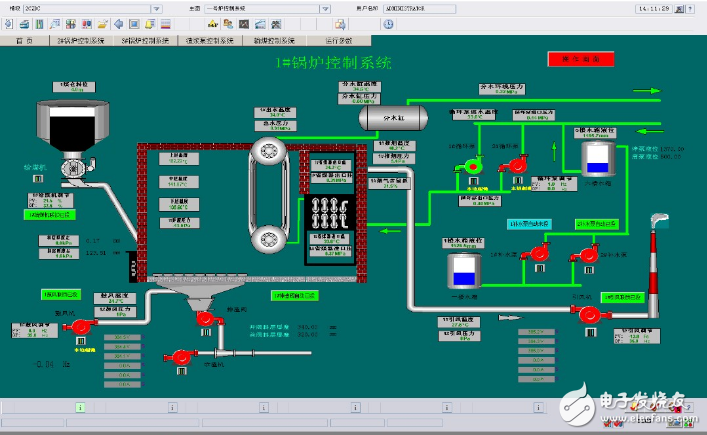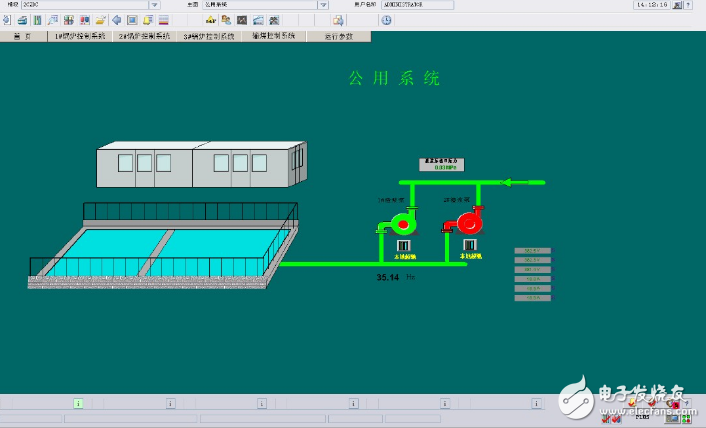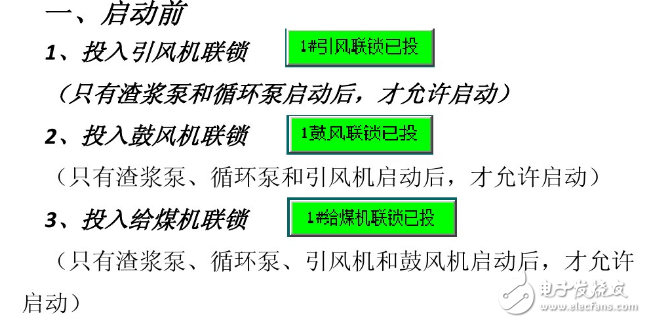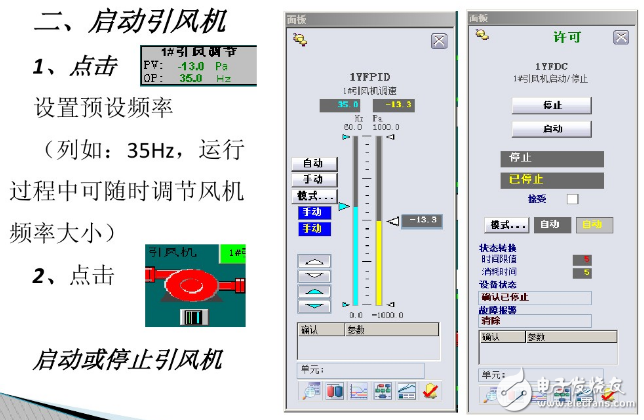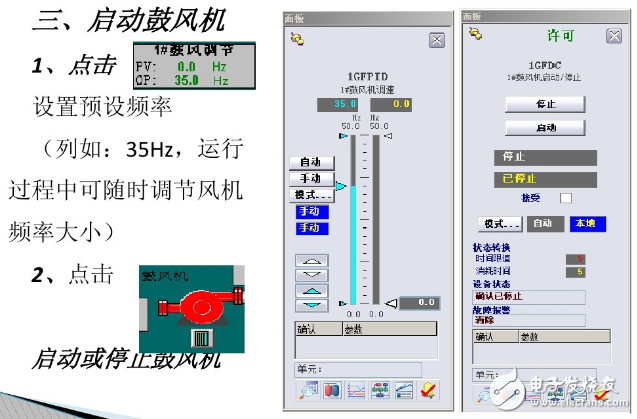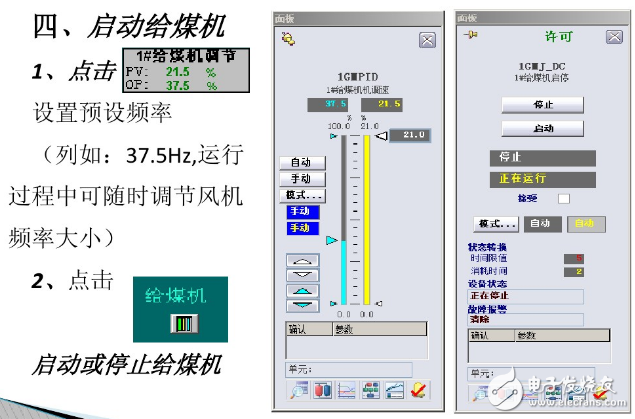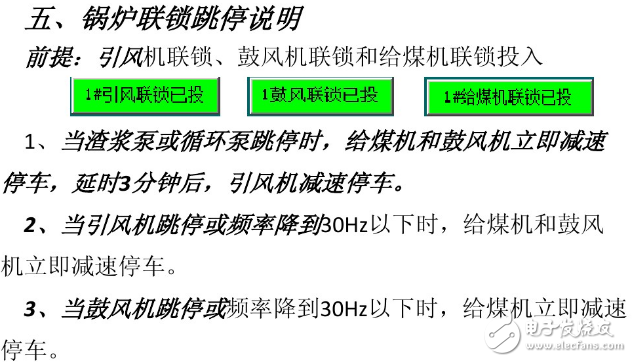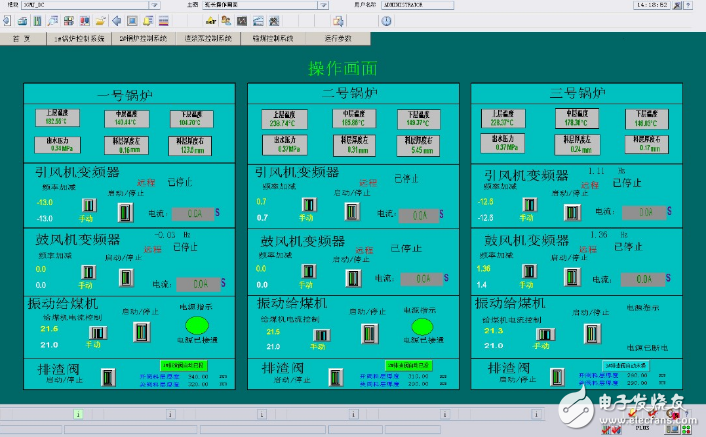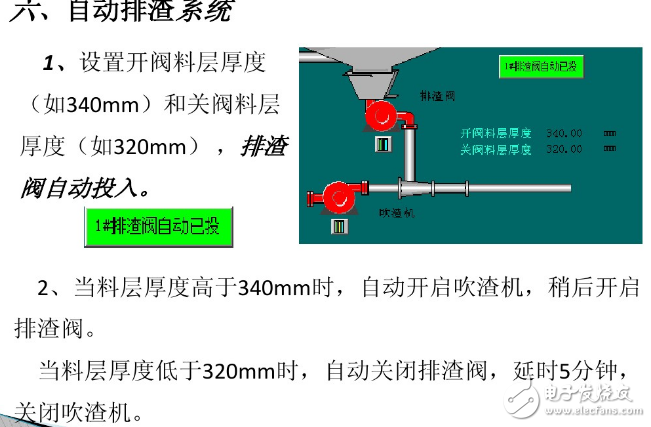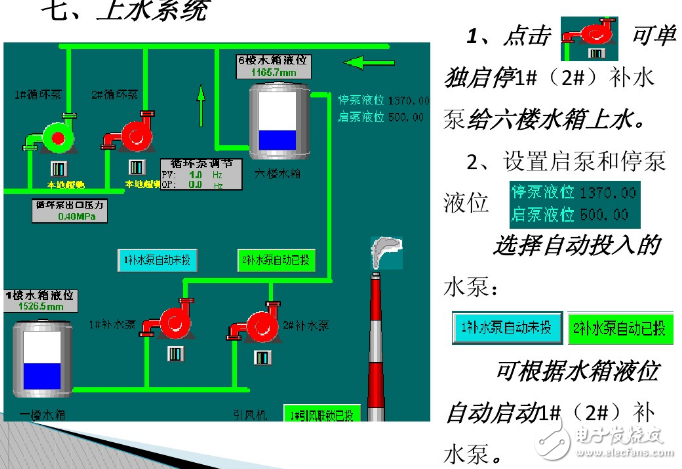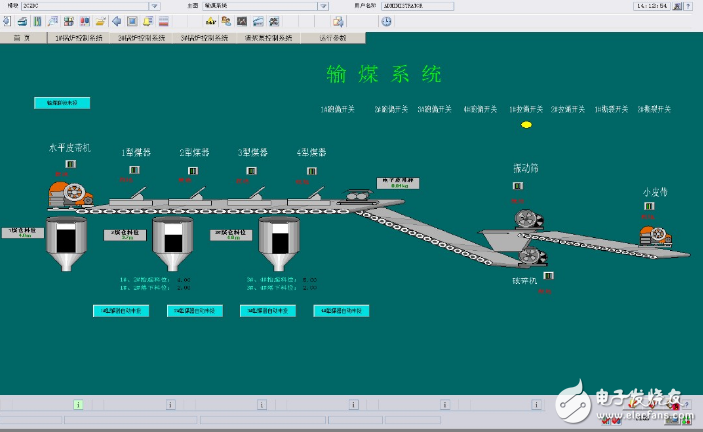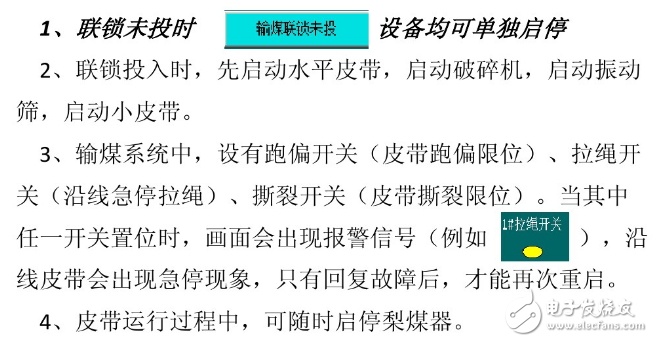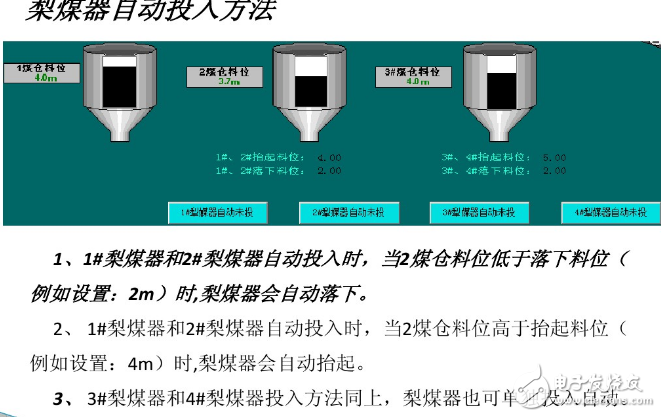**Overview of the Boiler DCS Control System**
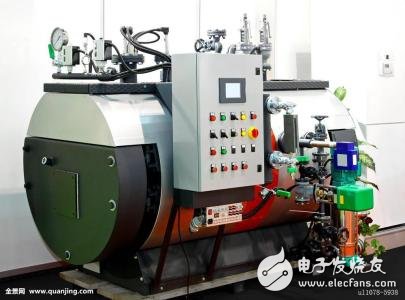
The **Distributed Control System (DCS)** is a modern control technology that uses advanced computer systems to monitor, manage, and control industrial processes in a decentralized manner. It integrates various technologies such as computer science, signal processing, measurement and control, communication networks, CRT displays, and human-machine interfaces. Unlike traditional centralized or distributed instrumentation systems, DCS combines the best features of both while overcoming their limitations. This system offers high versatility, flexible configuration, robust control functions, efficient data handling, centralized operation, an intuitive user interface, simple installation, easy debugging, safe and reliable performance, and ultimately improves production automation and management efficiency. It also helps reduce energy and material consumption, increase productivity, ensure safety, and deliver optimal economic and social benefits.
**Functions of the Boiler DCS Control System**
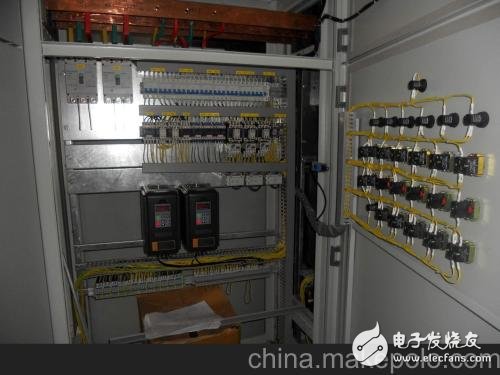
1. **Data Acquisition and Real-Time Display**
The system collects both analog and digital signals from the field, including boiler outlet temperature, pressure, flow rate, furnace temperature, negative pressure, exhaust temperature, outdoor temperature, return water temperature, and pressure. Switching signals include interlocking, manual/auto switching, temperature setting, alarm clearing, motor status, and other critical process variables. These signals are processed and displayed in real-time on the screen, with additional capabilities for querying, retrieving, analyzing, generating reports, and printing.
2. **Automatic and Manual Control of the Heating System**
In manual mode, the system mainly focuses on data acquisition and display. If any abnormal data is detected, it triggers audible and visual alarms. Operators can manually control equipment during commissioning. In automatic mode, the system optimizes boiler performance based on feedback signals, reducing fuel, power, and water usage while minimizing labor requirements. Manual control has priority, allowing operators to override the system when needed. The transition between modes is smooth and bumpless.
3. **Communication Function**
The system enables remote communication through modems via telephone lines, supports standard communication protocols, and allows integration with other control systems. On-site controllers are connected through a network, and the operator station continuously updates data from the controller. Communication occurs at a 1-second interval, ensuring real-time monitoring and control across all stations.
**Composition of the Boiler DCS Control System**
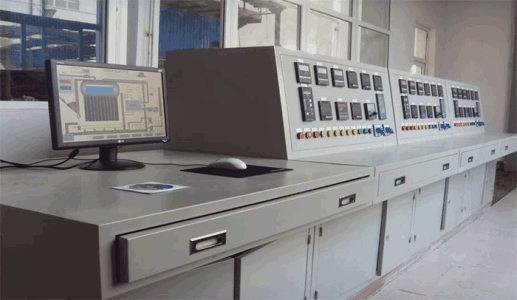
1. **Hardware System**
The system includes field control stations and operator stations. Each boiler is equipped with its own control station, and public areas have shared stations. Operator stations alternate and provide full visibility of the process, displaying operational status, dynamic parameters, trends, and historical records. Sensors collect and transmit field signals like temperature, pressure, flow, and level. Frequency converters control fans and motors, communicating with the main system for automatic or manual control.
2. **Software System**
The software includes powerful, user-friendly tools for programming, monitoring, and managing the system. It runs on Windows and supports high-resolution displays, file management, text editing, networking, and online diagnostics. All data is presented in Chinese, and alarms are prioritized and displayed in real-time. The system is tailored for boiler control, offering mature and reliable solutions widely used in similar applications.
**Operating Instructions for the Boiler DCS Control System**
**Summary of DCS Commissioning for the Boiler System**
The system controls three boilers (two 40-ton and one 20-ton). After two heating seasons, it proved successful. Key lessons learned include:
1. Strong anti-interference measures were essential. Proper grounding, shielded cables, isolation modules, and software design helped maintain stability.
2. Quality and local support for purchased instruments and components were crucial to ensure timely problem resolution.
3. A separate power switch was installed for the console’s instruments and lower-level devices to prevent disruption during maintenance.
4. The cabinet was sealed with IP54 protection to prevent dust ingress, improving reliability and reducing maintenance needs. Sufficient space was reserved for future wiring and component additions.
This comprehensive setup ensures a stable, efficient, and safe boiler operation, making the DCS system a valuable asset in modern industrial environments.
Power Wall Battery
The Power Wall Battery is a high-performance home battery solution from Keylewatt. The following is a detailed description of its class purpose:
I. Product overview
Keylewatt, Powerwall is a Battery Energy Storage System designed for the home, designed to provide a reliable reserve of electricity for the home by storing electricity generated by solar panels or electricity from the grid. Not only can it provide power at night or when the weather is bad, it can also serve as a backup power source to ensure that the home power supply is not affected in the event of a power outage.
Two, the main characteristics
High energy storage density:
The Powerwall is capable of storing large amounts of electricity in a small design to meet the daily electricity needs of the home.
Advanced Battery technology:
Advanced battery technology for longer life and higher efficiency.
From the first generation to the third generation, the battery technology of the Powerwall has been continuously upgraded, such as the use of 21700 cells, integrated solar inverters, etc., to further improve the overall performance of the system.
Intelligent control function:
The Powerwall is equipped with an intelligent control system that automatically monitors the status of the battery and charges and discharges it as needed.
Users can remotely monitor and manage the working status of the Powerwall through a mobile app or web interface.
Multiple application scenarios:
The Powerwall is not only suitable for home use, but also for commercial and industrial applications.
At peak times, the Powerwall can release stored electricity and reduce the load on the grid.
At the same time, it can also be used as a charging pile for Tesla vehicles to provide charging services for electric vehicles.
Environmental protection and Sustainable development:
By storing electricity generated from renewable sources such as solar, Powerwall reduces reliance on traditional energy sources, helping to lower carbon emissions and protect the environment.
It promotes the energy transition and the development of renewable energy, in line with the concept of sustainable development.
Power storage battery system, solar system with power battery, commercial and industrial system
Foshan Keylewatt Technology Co., LTD , https://www.klwenergy.com



